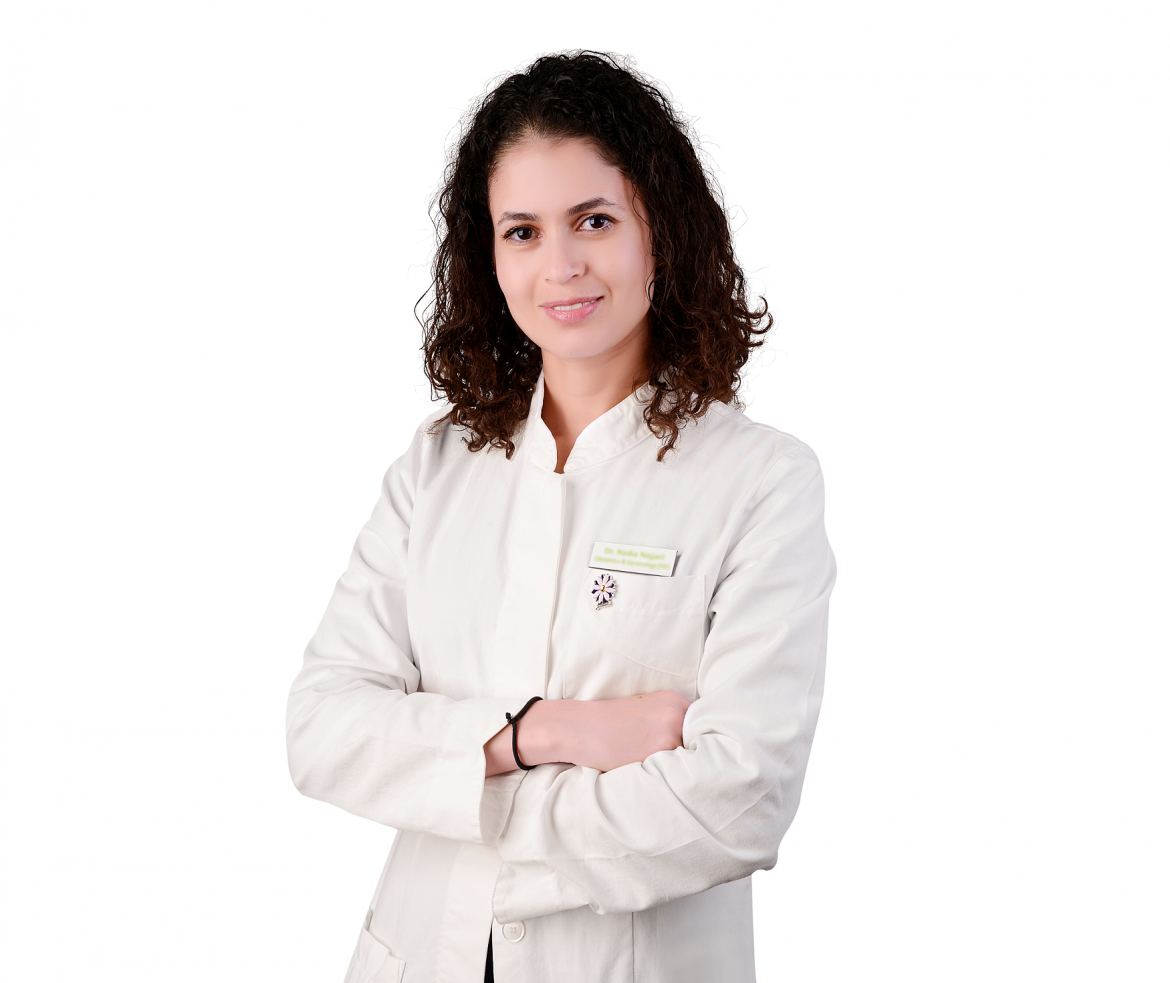Infertility is a silent struggle impacting millions of couples globally, according to the World Health Organization (WHO), one in six people globally are affected by infertility. Despite these challenges in vitro fertilization (IVF) offers a hopeful path to parenthood. Great advances in fertility medicine have been made since the world’s first successful IVF birth in 1978.
The journey to parenthood through IVF is not just a medical procedure; it is a shared experience that requires resilience and determination. Many couples start with the disappointment of infertility, undergoing various tests and consultations with specialists. Dr. Nadia Najjari, a Consultant in Reproductive Medicine and Infertility at HealthPlus Fertility Center, part of the M42 group, explains how IVF can assist individuals and couples facing challenges with natural conception.
“Infertility is more common than many realize and can be an emotionally and physically challenging experience. For those facing infertility, the journey can be overwhelming, filled with medical appointments, tests and difficult decisions,” says Dr. Najjari.
The IVF process for women involves a significant physical commitment, including daily hormone injections and egg retrieval procedures, making support from partners, family and friends essential. Men, although experiencing less visible physical demands, play a critical role in the process as well. HealthPlus Fertility’s newly launched HOWA Men’s Health Clinic offers advanced IVF treatments for male infertility, providing personalized and compassionate care to achieve the best possible outcomes. Additionally, it is also essential for patients to adopt a healthy lifestyle before starting IVF, as factors like obesity, smoking and stress can impact success rates.
Who can benefit from IVF?
IVF addresses various fertility issues and may be considered for:
- Reduced egg reserve or ovulation issues.
- Endometriosis, where the lining inside the uterus grows outside the uterus, affecting fertility.
- Male factor infertility, including decreased sperm quality.
- Genetic disorders: Couples at risk of passing on genetic disorders can utilize IVF alongside pre-implantation genetic testing (PGT) to ensure healthy embryos.
One in six couples in the UAE face difficulties conceiving. IVF offers hope and possibility, enabling couples to pursue their dream of having a child despite the challenges. Advancements and new options in this field have now made parenthood a reality for many, such as:
Egg or sperm freezing, embryo freezing and ovarian or testicular tissue cryopreservation:
- A process where eggs or sperm are collected, frozen or fertilized creating embryos and stored for future use.
- This is beneficial for women who are not yet ready to start a family but want to preserve their fertility for later.
- Freezing small pieces of ovarian or testicular tissue that contain reproductive cells
- Essential for individuals diagnosed with cancer or other fertility-impacting treatments offering an opportunity for those to have a biological child.
Genetic testing during IVF:
- Involves screening embryos for genetic abnormalities before implantation.
- Significantly enhances the chances of a successful pregnancy.
- Reduces the risk of genetic disorders.
“The success rates of IVF have significantly improved with genetic testing. Transferring a single, genetically normal embryo has a 60 to 70 percent success rate while transferring two embryos can increase the chances by up to 80 percent. However, transferring multiple embryos raises the risk of multiple pregnancies, which can be complicated and is generally not recommended,” Dr. Najjari adds.
While the stigma around IVF is decreasing, some misconceptions persist, such as the notion that only women are responsible for infertility or that IVF guarantees success. IVF treatments can be expensive, but various support systems are available.
IVF has revolutionized the journey to parenthood for countless couples facing infertility, not only offering hope but also empowering them to make informed decisions about their reproductive futures, contributing to healthier generations and stronger families.

